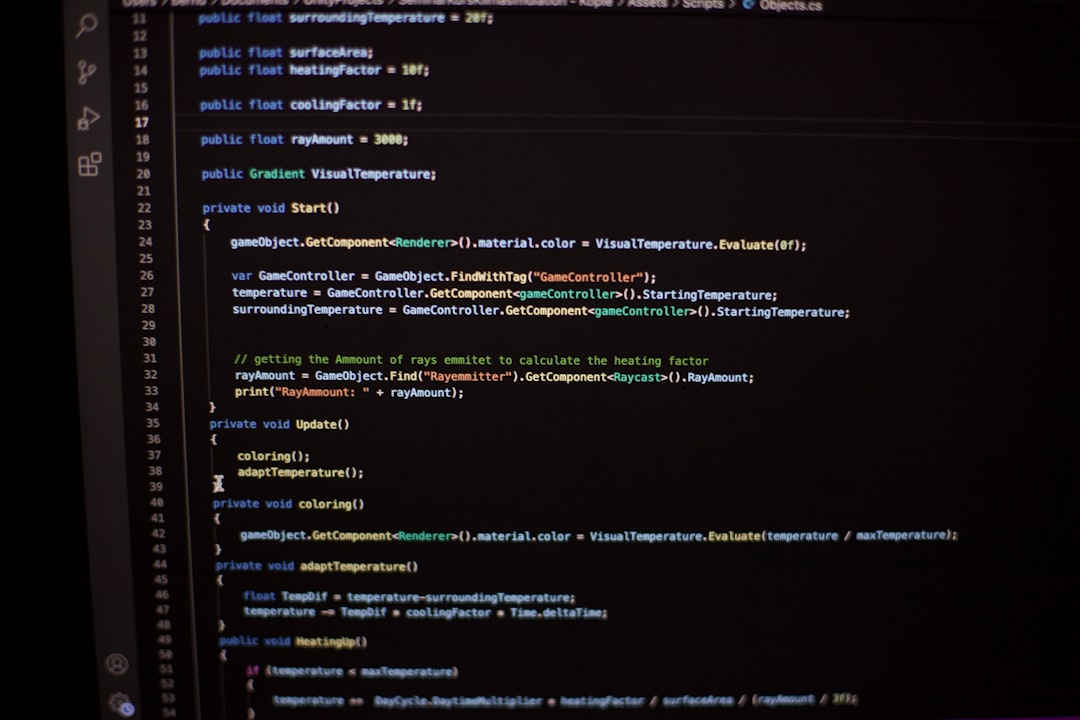
jsDelivr served corrupted JS files due to origin integrity mismatches and the checksum validation pipeline that prevented bad deploys
In early 2024, one of the largest and most trusted public CDNs in the web ecosystem, jsDelivr, encountered a significant anomaly that caught the attention of developers worldwide. A few JavaScript files served by jsDelivr were found to be corrupted, leading to functionality issues and unexpected behaviors in various web applications. Upon investigation, it was discovered that the culprit was an origin integrity mismatch — a scenario in which files delivered by the CDN did not match their expected content hashes.
Contents
TLDR
jsDelivr briefly served corrupted JavaScript files due to mismatched content hashes between the origin and what was distributed. Thanks to its robust checksum validation pipeline, further bad deploys were prevented. The integrity verification system caught the inconsistencies and halted propagations. This incident sheds light on the complexities CDNs handle behind the scenes to ensure file trustworthiness.
What Happened Behind the Scenes
jsDelivr aggregates and serves files from open source repositories. Its key promise is that developers will receive files that are byte-for-byte identical to the originals published on repositories such as npm or GitHub. During a routine file distribution process, a set of JavaScript files — primarily tied to a few popular npm packages — were served with mismatches between the original source and what arrived at edge nodes of the CDN.
The issue was discovered after several developers reported that the Subresource Integrity (SRI) hashes in their HTML tags were failing, refusing to load resources due to integrity violations. Alarm bells rang. jsDelivr’s own monitoring eventually detected the issue, triggering internal safeguards.

Origin Integrity Mismatches: A Deeper Dive
Origin integrity mismatches occur when a file served by a CDN does not match the hash expected by the client, often specified using SRI tags. This mismatch could be due to:
- Corruption during upload/download processes
- Human error during manual pushes
- File changes in upstream repositories after CDN caching
- Storage or transmission anomalies (bit rot, compression artifacts)
For jsDelivr, which emphasizes reproducibility, such discrepancies are a red-alert issue. The entire project’s credibility hinges on the reliability and immutability of its hosted resources. In this case, the files in question underwent unexpected binary modifications during the mirroring phase from upstream GitHub repositories — a subtle bug in the file transporter caused newline characters to be normalized inconsistently across operating systems.
The Checksum Validation Pipeline That Saved the Day
What stopped this issue from escalating further than a handful of files? The answer lies in jsDelivr’s checksum validation pipeline, a sophisticated system designed to ensure file authenticity at every node.
Core Steps of the Validation System:
- Source Snapshotting: Upon initiating a sync from an upstream source, a SHA256 hash is computed and stored for every file.
- Multi-node Verification: Files are downloaded by distributed workers across different geographic nodes, and hashes are compared.
- Edge Replay: Before final deployment, requested files are sampled from edge cache servers to ensure content parity.
- Automated Quarantine: If any mismatches are detected, the affected files are immediately pulled from distribution and placed under investigation.
This entire pipeline is built into an automated CI system using GitHub Actions, supported by a fleet of validation bots operating on a redundancy model. Just as the corrupted files began entering the broader cache network, the pipeline saw checksum mismatches and stopped propagation in its tracks.

Remediation and Transparency
Once the source of the mismatches was identified, jsDelivr engineers issued a hotfix to their synchronization agent that standardizes line breaks and encodings across all files. More critically, they published a full postmortem report on GitHub, detailing every step taken to identify, isolate, and remedy the problem.
This level of transparency was widely applauded in the open-source community. Web developers and package maintainers praised jsDelivr not only for their quick action but also for their clarity and openness about such an impactful event.
Long-Term Improvements
The incident led to several critical improvements in jsDelivr’s infrastructure:
- Expanded hash algorithms: Addition of SHA512 and BLAKE3 validation in tandem with SHA256 to ensure robustness.
- Upstream lockfiles: Implementation of per-release lockfiles to ensure that authors cannot modify already published packages.
- Community Review Queue: New changes to the validation whitelist now require 24-hour community review for high-traffic packages.
These additions make it even harder for corrupted or malicious files to slip through unnoticed. Further simulations and red-team exercises are planned to stress test this evolved system.
A Lesson in Data Integrity and Trust
This event showcased both a rare failure and a triumphant recovery. jsDelivr’s checksum pipeline didn’t just detect a failure; it prevented its damage from expanding. In an industry increasingly reliant on reproducibility and deterministic builds, such validation systems are not optional — they are essential.
It also underscores a broader message for developers globally: Always use SRI hashing when importing external scripts. Trust in CDNs is earned not by the absence of errors, but by how errors are handled and prevented in the future.

Frequently Asked Questions (FAQ)
-
Q: What is a checksum validation pipeline?
A: It’s a sequence of automated checks that verify if a distributed file is identical to its source. If any difference in checksum (hash) is detected, the file is flagged or removed. -
Q: What caused the integrity mismatch on jsDelivr?
A: The mismatch was caused by incorrect newline normalization during file transport — a subtle bug introduced OS-level inconsistencies in file content. -
Q: How many files were affected?
A: A few dozen JavaScript files were briefly impacted before the validation pipeline stopped further propagation. -
Q: Were there any security risks?
A: Fortunately, no malicious code was introduced. The issue was due to formatting inconsistencies, not intentional tampering. -
Q: How can developers protect themselves?
A: By always using Subresource Integrity (SRI) attributes in script tags and monitoring their dependencies through trusted sources.
As the modern web grows more complex, the importance of resilient infrastructure — and those working behind the scenes to safeguard it — becomes ever more apparent. jsDelivr’s experience serves as both a warning and a case study in effective crisis mitigation in the CDN world.
